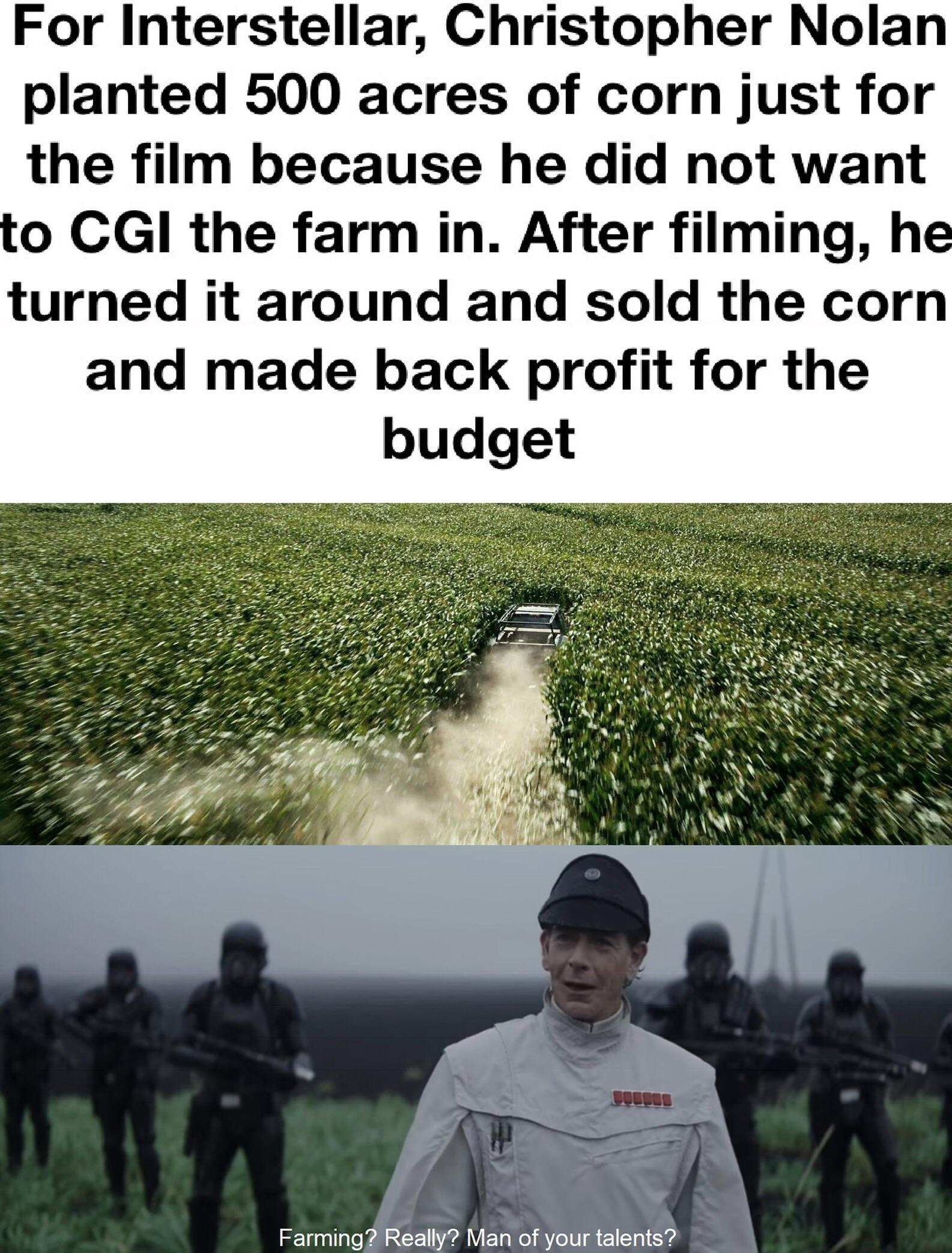this post was submitted on 07 Feb 2024
707 points (98.2% liked)
memes
10322 readers
1671 users here now
Community rules
1. Be civil
No trolling, bigotry or other insulting / annoying behaviour
2. No politics
This is non-politics community. For political memes please go to !politicalmemes@lemmy.world
3. No recent reposts
Check for reposts when posting a meme, you can only repost after 1 month
4. No bots
No bots without the express approval of the mods or the admins
5. No Spam/Ads
No advertisements or spam. This is an instance rule and the only way to live.
Sister communities
- !tenforward@lemmy.world : Star Trek memes, chat and shitposts
- !lemmyshitpost@lemmy.world : Lemmy Shitposts, anything and everything goes.
- !linuxmemes@lemmy.world : Linux themed memes
- !comicstrips@lemmy.world : for those who love comic stories.
founded 1 year ago
MODERATORS
you are viewing a single comment's thread
view the rest of the comments
view the rest of the comments

That seems unlikely. It would be hard to imagine that the total costs of planting and raising a movie-set quality corn field with industry labor rates would cost less than the returns on a 500 ac harvest of (I’m presuming) silage-quality corn.
what makes planting this field, letting it grow to fruition and then selling the fruit significantly more expensive than what they do at every other for-profit corn farm?
That a farm has a periodic yield while this sounds like a one off thing
A movie-set must have certain features (full, even, ready for shooting on schedule) and there are millions of dollars on the line - you don’t just plant a field and hope it meets spec - I would think someone was making case it would be ready for filming. That that’s time and effort. The movie industry unions have livable - one might say exceptional - wages, even for someone just checking to make sure the corn field is maturing properly, much less planting and tending the crop.
An un-referenced medium article says he invested $100,000 in the corn field and he generated $162,000 in revenue, with no indication of the expenses of monitoring or harvesting. The best result would be $62k (compared to the $20,000,000 Nolan was paid for the film) in profit if the “investment “ included all of the miscellaneous expenses I mentioned above (as well as the lawyers cost for acquisition, travel and time spent finding the plot and securing all of the contracts for farming and harvest) and wasn’t absorbed in the “film budget”.
Idk he couldve just found a farmer to grow the corn for him and paid up-front.
Actually sounds like a solid investment for the right price. A globally known multi billionnaire would get the right price.